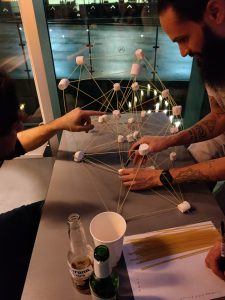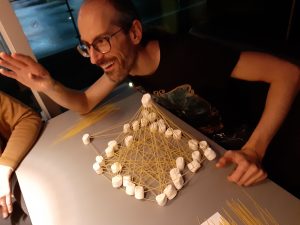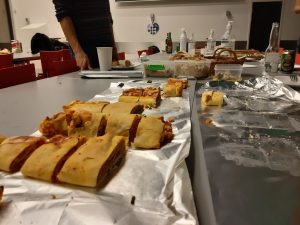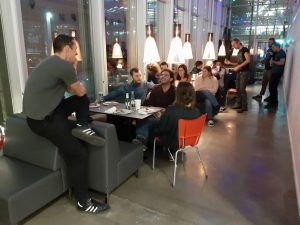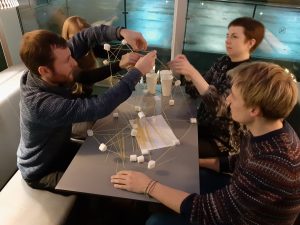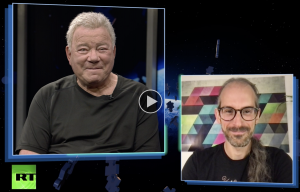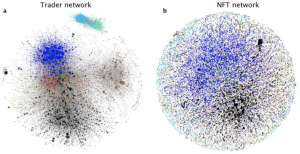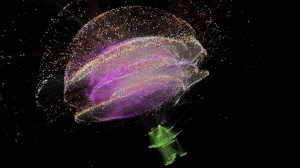Together with Sune Lehmann and Laura Alessandretti from SODAS/DTU we are establishing the Nightingale Network: The Nightingale Network brings together faculty, postdocs, and students based in Denmark who share an interest in Computational Social Science, Complex Systems, and Network Science.
More info and subscribe here: https://www.socialdatascience.dk/nightingale
We aim to strengthen the Denmark-based data and network science community, and send out a monthly newsletter listing relevant events, news, and job postings in Denmark and beyond. Please also share your tips, calls, and job postings!
We will also organize regular gatherings. The first event was the first Nightingale Network Night which happened last week at ITU, and which successfully established and strengthened many social and culinary connections, from Scaccia to Borek and Apfelstrudel:
We will also share the nerdy party games we created on our github page so that others can replicate the fun! https://github.com/NERDSITU/nerdyicebreakers
Sign up to our news, and see you soon (modulo lockdown)!

